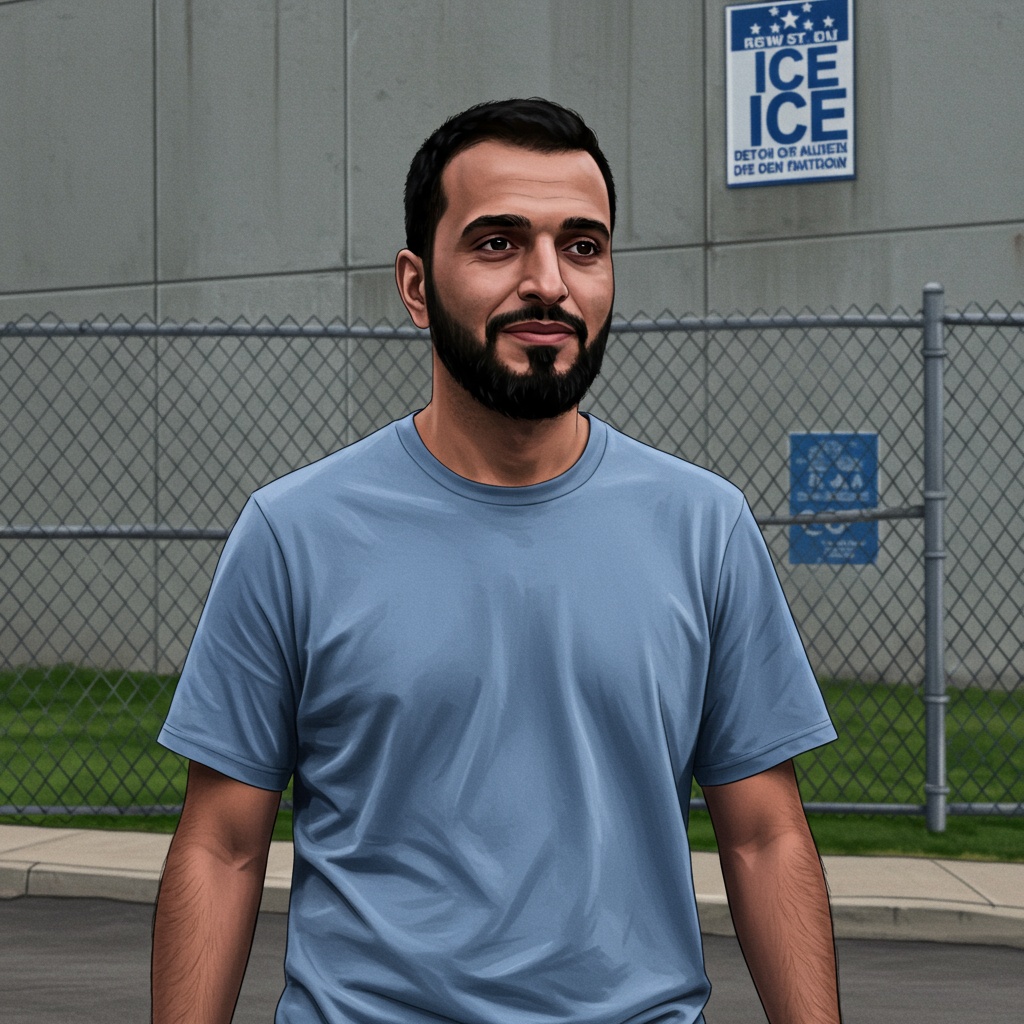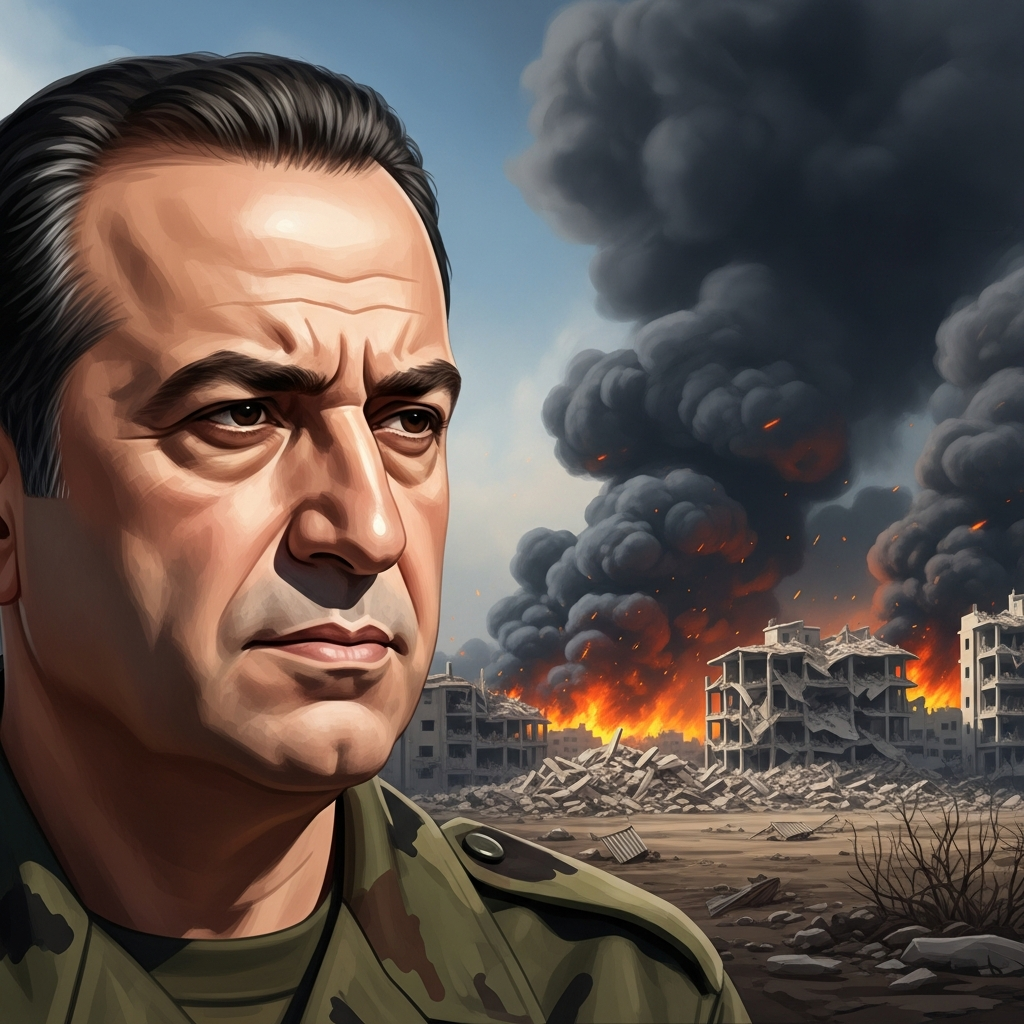Prominent Columbia Activist Released After Months in Custody
Mahmoud Khalil, a former Columbia University graduate student and prominent pro-Palestinian activist, was released from federal immigration detention on Friday, June 20, 2025, after being held for 104 days. Khalil, a legal U.S. resident holding a green card, was arrested by Immigration and Customs Enforcement (ICE) agents in New York City in March, an action widely seen as related to his outspoken role in campus protests regarding Israel’s actions in Gaza.
Despite being a key negotiator and spokesperson for student activists at Columbia, Khalil was not among those arrested during campus disruptions. However, his visibility reportedly made him a target in the Trump administration’s perceived crackdown on campus dissent.
Federal Judge Orders Release, Overruling Immigration Court
Khalil’s release came after U.S. District Judge Michael Farbiarz issued a pivotal order granting bail. Judge Farbiarz, ruling from the bench in New Jersey, determined that the U.S. government had failed to meet the necessary standards for detaining a legal resident. He explicitly stated it would be “highly, highly unusual” to continue holding Khalil, finding that he posed “not a flight risk, and the evidence presented is that he is not a danger to the community. Period, full stop.” The judge also noted that Khalil’s detention was hindering his ability to exercise his free speech and due process rights, particularly given his status as a public figure.
This federal judicial order directly superseded a concurrent decision by an immigration judge in Jena, Louisiana – located within the same detention facility – who had denied Khalil asylum and ordered him to remain detained.
Legal Battle Over Deportation Grounds Continues
The Trump administration had actively sought Khalil’s deportation, and the decision to release him drew sharp criticism, with the Department of Homeland Security filing notice that it is appealing Judge Farbiarz’s ruling. The government initially argued that Khalil’s activism harmed U.S. foreign policy, even invoking a rarely used section of the Immigration and Nationality Act. However, Judge Farbiarz had previously ruled this foreign policy justification “probably unconstitutional” and explicitly blocked the government from using it as a basis for detention or deportation.
Despite this setback, the administration is still pursuing a separate deportation case based on contested allegations that Khalil lied on his green card application, an accusation he denies. During the hearing, Judge Farbiarz expressed scepticism about the government’s request to continue holding Khalil on this basis, describing the arrest and detention on the second charge as “highly unusual” and suggesting it could be an “effort to use the immigration charge here to punish the petitioner” for his protest activities. It’s important to note that the government has not accused Khalil of a specific crime, instead relying on immigration law provisions.
Conditions of Freedom and Emotional Reunion Anticipated
Under the specific conditions set for his release by U.S. Magistrate Judge Michael Hammer, Khalil was required to surrender his physical passport to authorities at the detention facility, barring international travel. He will be provided with certified copies of his passport and green card. His domestic travel is restricted to specific locations, including where he and his in-laws reside, and locations necessary for attorney meetings, court appearances in New Jersey and Louisiana, and legislative meetings in Washington D.C. The order also stipulated that his green card would be returned, there would be no electronic monitoring, and no immediate bond was required.
Upon his release, Khalil’s immediate focus was reuniting with his family. He told reporters the first thing he would do upon arriving home in New York was hug his wife, Dr. Noor Abdalla, and their son, who was born while Khalil was in custody. Their only previous time together had been limited to one hour.
Speaking Out Against Detention and Injustice
Reflecting on his experience, Khalil stated, “Justice prevailed, but it’s very long overdue,” adding that his detention “shouldn’t have taken three months.” He spoke out about the hundreds of other men remaining in detention, asserting they “shouldn’t be there in the first place.” Khalil offered a strong critique of the administration, stating they are “doing their best to dehumanize everyone here.” He felt his time in detention exposed him to “a different reality about this country that supposedly champions human rights and liberty and justice,” and emphasized that no one should be detained for protesting the conflict in Gaza.
His wife, Dr. Noor Abdalla, a U.S. citizen, expressed profound relief, stating they could “finally breathe a sigh of relief” knowing Mahmoud was coming home to her and their son, Deen, who “never should have been separated from his father.”
Broader Implications and Context
Khalil’s case has become a significant point of focus in the debate surrounding the government’s response to campus activism. His attorneys argued the government violated his free speech rights and targeted him due to his protest activities. His release occurs within the context of several other scholars targeted for their activism also being freed from custody, including former students from Columbia and Tufts University, and a Georgetown University scholar. Notably, Mahmoud Khalil graduated from Columbia University while he was detained, with his wife accepting his diploma on his behalf. As Alina Das, co-director of the Immigrant Rights Clinic at NYU School of Law, stated, “No one should fear being jailed for speaking out in this country.”



